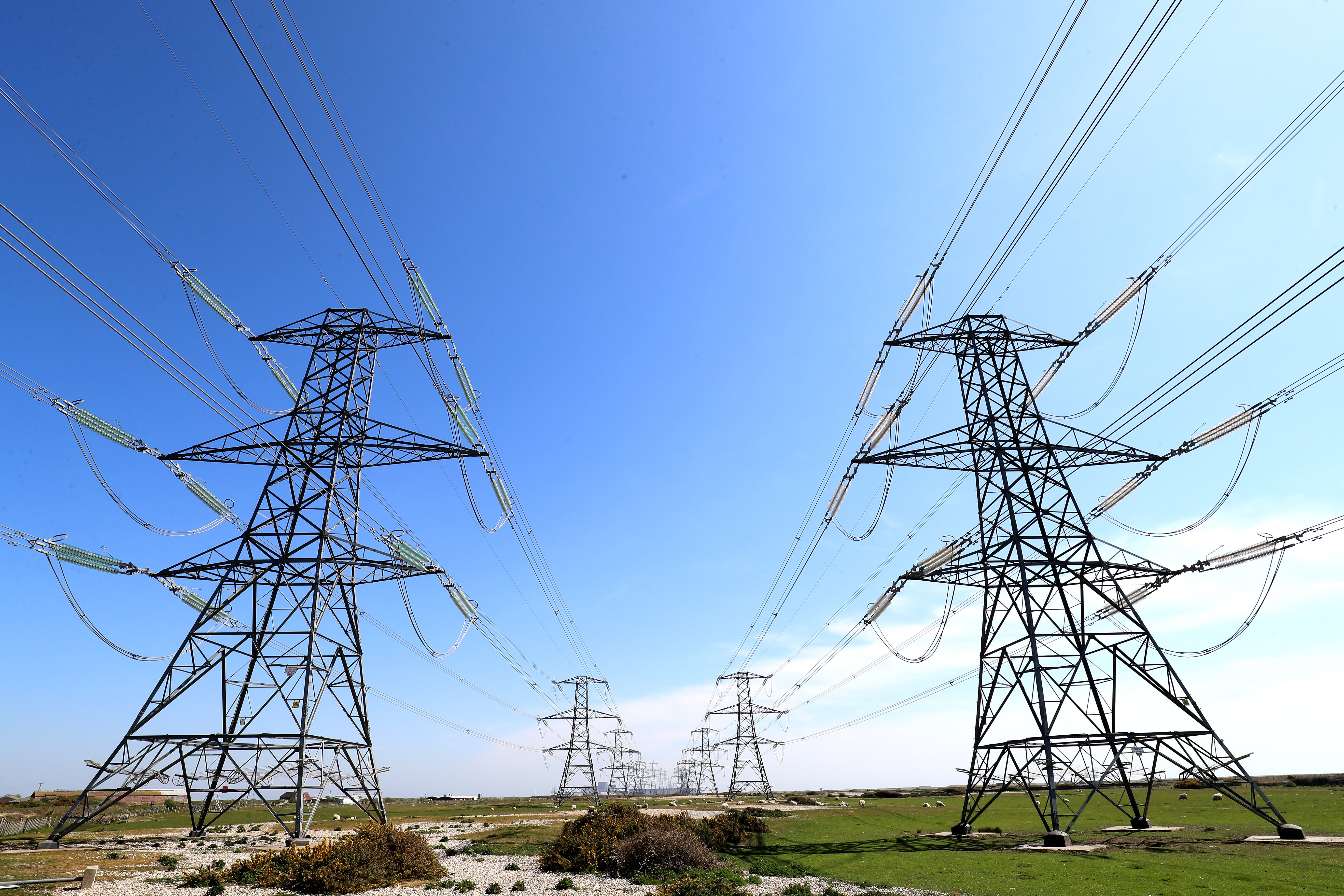Greenhouse gas emissions fell by a tenth in 2020 as Covid lockdown hit
Pollutants which drive climate change were down nearly 50% on what they were in the baseline year of 1990, official figures show.

Greenhouse gas emissions fell by a tenth in 2020 as pandemic restrictions cut pollution from traffic, industry and energy supplies, official figures show.
Pollutants which drive climate change had fallen by half (49.7%) between the baseline year of 1990 and 2020 – which marks the half-way point for the target to reach zero emissions overall, known as “net zero”, by 2050.
In 2020, emissions were estimated to be nearly 406 million tonnes, a drop of 9.5% from 448 million tonnes in 2019, and compared to 806 million tonnes in 1990.
But Covid-19 lockdowns had a significant impact on the fall in emissions, in particular driving down transport pollution by nearly a fifth (19%) due to a large reduction in road traffic.
The transport sector still remained the biggest polluter, accounting for nearly a quarter (24%) of UK greenhouse gas emissions in 2020, the last year for which figures are available.
Emissions from energy supply fell by 12% on 2019 levels as a result of lower energy demand during the pandemic and continued reduction in the use of fossil fuels in power stations, the data from the Business Department (Beis) show.
They are now 70% lower than they were in 1990, as coal power has dwindled to just 3% of electricity supplies and renewables have boomed.
There were also falls in emissions from industrial processes, waste management, the business sector and agriculture, but pollution from homes increased by 1% on 2019 levels as more people stayed at home.
The figures for 2020 account for “territorial” emissions, which only include pollution that occurs within the UK’s borders.
Consumption emissions, which account for the pollution associated with all the goods and services consumed in the UK, such as imported products, are considerably higher, having peaked in 2007, and have not fallen as far territorial emissions since 1990.
A Government spokesperson said: “Whilst the changes to our society and economy during the pandemic will have inevitably impacted greenhouse gas emissions, we continue to make significant progress in reducing emissions on our path to net zero by 2050.
“Moving forward, we are building on the UK’s track record of having decarbonised faster than any other G7 country, by doubling down on our plan to build a strong, home-grown renewable energy sector to further reduce Britain’s reliance on fossil fuels.”